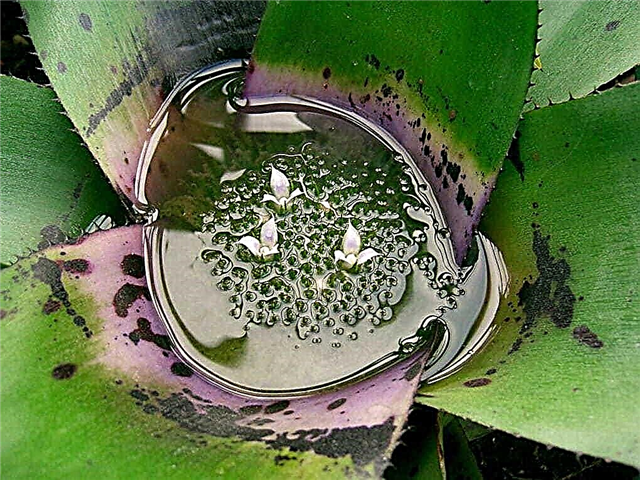
Diesel is one of the most common types of fuel. But how, in fact, get diesel fuel?
It is made from oil. In them, oil is heated to a certain temperature and divided into fractions. To obtain diesel fuel oil is heated to 180-360 ° C. At this stage no more than a quarter of diesel fuel is obtained. For processing heavier fractions, a cracking processor is used.
It can be of different types. The catalysts can be metals, hydrogen, temperature. There are also cracking processors that work without catalysts. This stage is the most difficult, however it is it that allows you to get up to 80% of diesel fuel from the amount of feedstock (oil).
The result is a semi-finished product that needs to be cleaned of impurities, such as sulfur. For this, the semi-finished product is hydrocracked. Compounds formed by exposure to hydrogen are removed. This is one of the most expensive stages of creating diesel fuel. The cost also depends on the type of oil.
At the final stage, the semi-finished product is cleaned of all impurities. The alkaline cleaning method is used. In its course, a solution of caustic soda is used. The next step is the direct creation of a diesel engine. It is called compounding. In its course, the product obtained by direct refining and the product obtained by cracking are mixed.
Contrary to apparent simplicity, this is a very responsible process. It is necessary to observe the permissible concentration of sulfur, enrich diesel fuel with all kinds of additives. If the fuel composition is complex, more than a dozen of them can be used. When mixed, the components are exposed to high temperatures. The result is a high-quality diesel engine with a wide variety of technical specifications.












